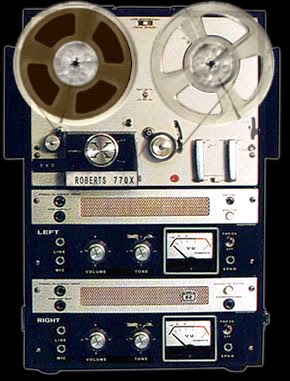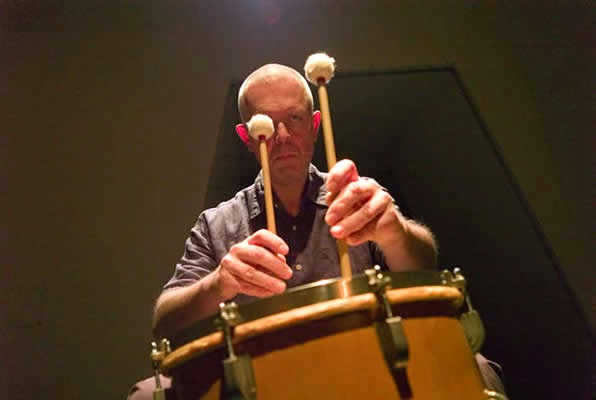How Can I Find A Teacher I Trust?
Here we are at the end of 2014, looking ahead to a fresh new year. I'd like to thank everyone who has visited my blogs and supported my writing this past year. At this time many people make resolutions, or plans for the coming new year. From questions I receive, many people are looking to study their instruments more and advance their skills. So at this time spanning the changing year, I will post a few blogs about finding a teacher, and also about self study. The big question: How can I Find a teacher, especially one I trust? The following ideas can apply to finding a teacher for anything—music instruction, Yoga, meditation, arts, crafts, writing, cooking, etc. Yes, there are plenty of stories of pushy, driven teachers pushing and driving their students to excel, but those tend to be more stories than anything. If you like to get yelled at and abused, well, maybe that will work for you. Each of us is different, so no teacher can work for every type of learner. I'm not s...











